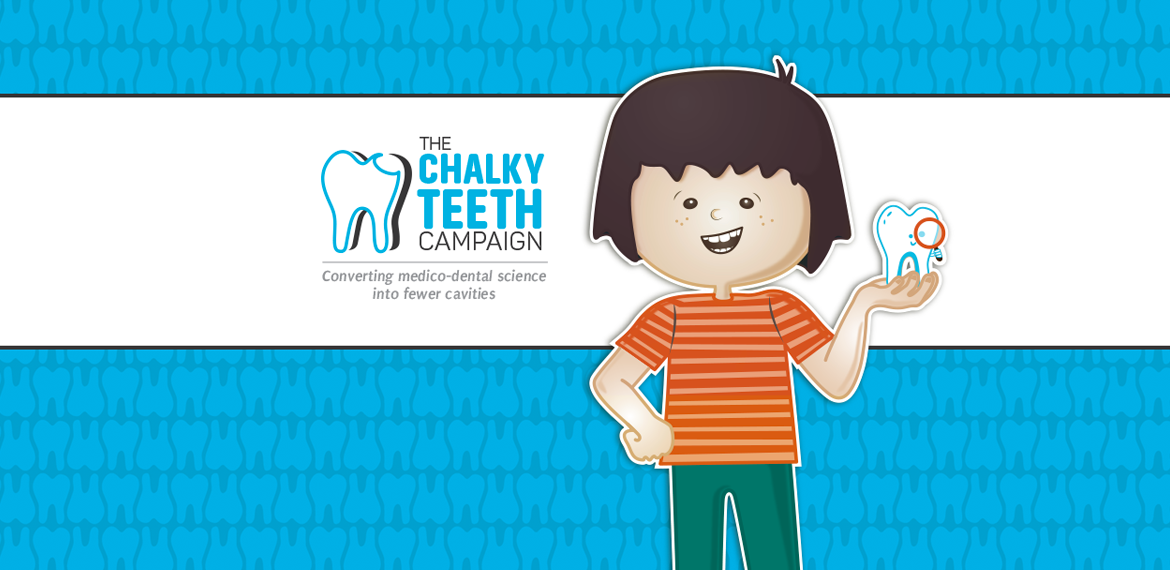Chalky teeth, also known as dental hypomineralisation or hypomineralised teeth, are a common dental condition that can affect individuals of all ages. This condition is characterised by areas of enamel that are soft, porous, and appear chalky white or yellowish in colour. Understanding the causes, symptoms, and available treatment options for chalky teeth is crucial for maintaining good oral health. In this article, we’ll delve into the details of chalky teeth.
Causes of Chalky Teeth
Chalky teeth primarily result from disturbances during tooth development, particularly during the mineralisation process. Some of the key factors contributing to this condition include:
- Genetic Factors: Research suggests that genetic predisposition plays a significant role in the development of chalky teeth. Certain genetic conditions or family history of dental problems can increase the risk.
- Environmental Factors: Exposure to certain environmental factors during tooth development, such as prenatal or infantile infections, nutritional deficiencies, or exposure to fluoride in excess, can disrupt the normal mineralisation process.
- Medical Conditions: Certain medical conditions or treatments, such as preterm birth, respiratory issues, or childhood illnesses, may interfere with enamel formation and increase the likelihood of chalky teeth.
- Fluorosis: While fluoride is essential for dental health, excessive intake of fluoride during tooth development can lead to fluorosis, a condition characterised by chalky white spots or patches on the teeth.
Symptoms of Chalky Teeth
Identifying the symptoms of chalky teeth is crucial for early detection and intervention. Common signs and symptoms include:
- White or Yellowish Spots: Areas of enamel that appear discolored, ranging from chalky white to yellowish-brown in color.
- Increased Sensitivity: Chalky teeth are often more sensitive to temperature changes, acidic foods, or sugary substances.
- Rough Texture: Affected areas may feel rough or porous compared to the surrounding enamel.
- Susceptibility to Decay: The weakened enamel of chalky teeth is more prone to decay and cavities.
Treatment Options for Chalky Teeth
Managing chalky teeth requires a personalised approach based on the severity of the condition and individual patient needs. Treatment options may include:
- Topical Fluoride Therapy: Application of fluoride varnishes or gels can help remineralise the affected enamel and strengthen tooth structure.
- Dental Sealants: Sealants can be applied to protect the vulnerable enamel from decay and prevent further damage.
- Microabrasion: In mild cases, microabrasion techniques can be used to remove superficial stains and smooth out rough enamel surfaces.
- Composite Bonding: For more extensive discoloration or damage, composite bonding can be performed to restore the appearance and function of the affected teeth.
- Orthodontic Intervention: In some cases, orthodontic treatment may be necessary to address alignment issues and improve oral hygiene practices, reducing the risk of decay in chalky teeth.
Chalky teeth can pose significant challenges for dental health, but early detection and appropriate intervention can help manage the condition effectively. By understanding the causes, symptoms, and available treatment options for chalky teeth, patients can take proactive steps to preserve their oral health and maintain beautiful smiles. Regular dental check-ups and professional guidance from orthodontic experts are essential for addressing chalky teeth and ensuring optimal oral hygiene.
